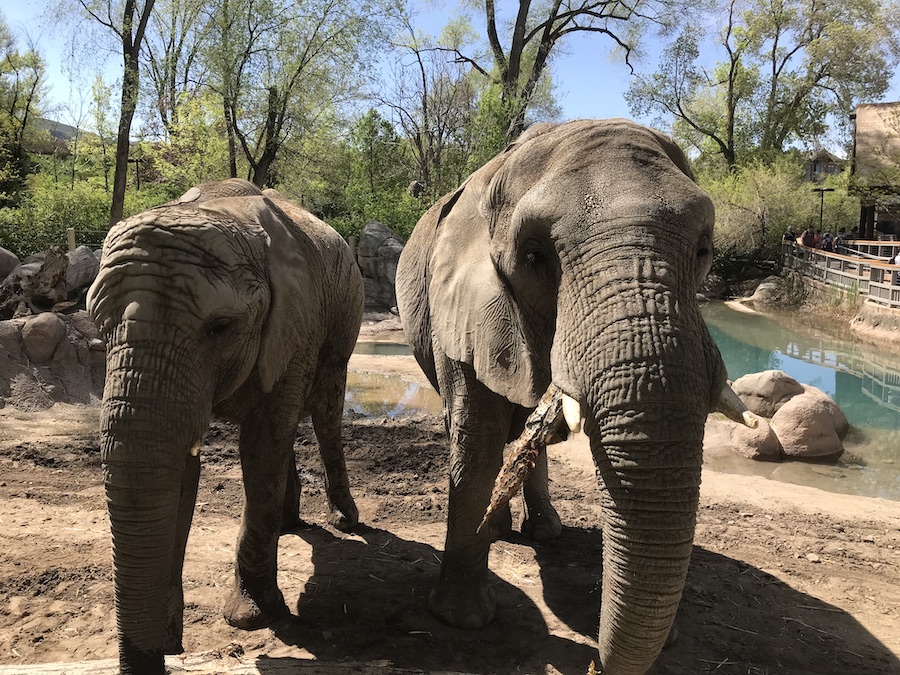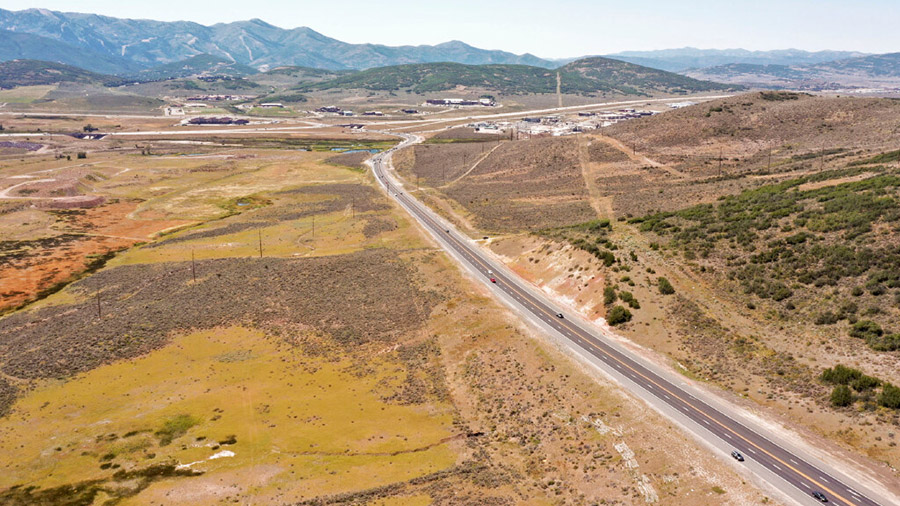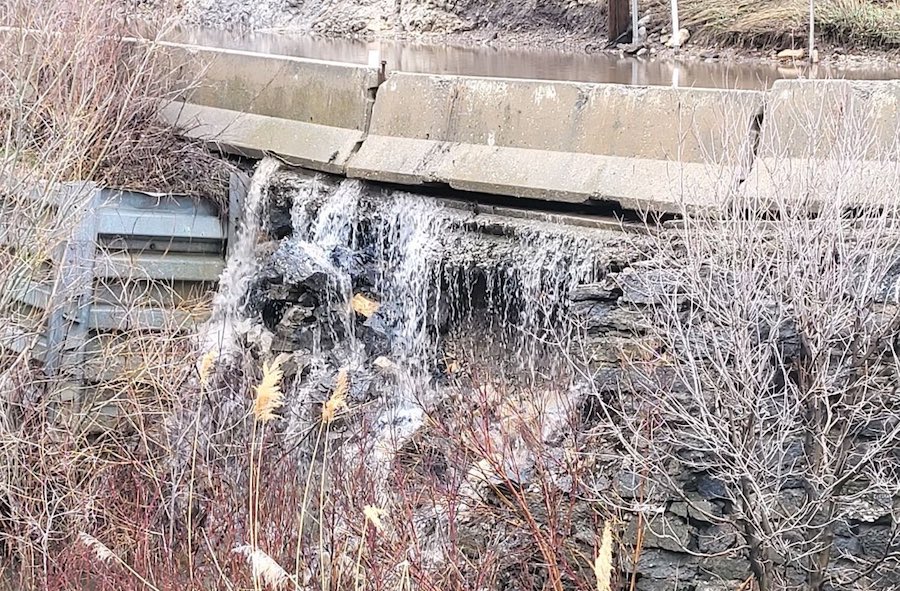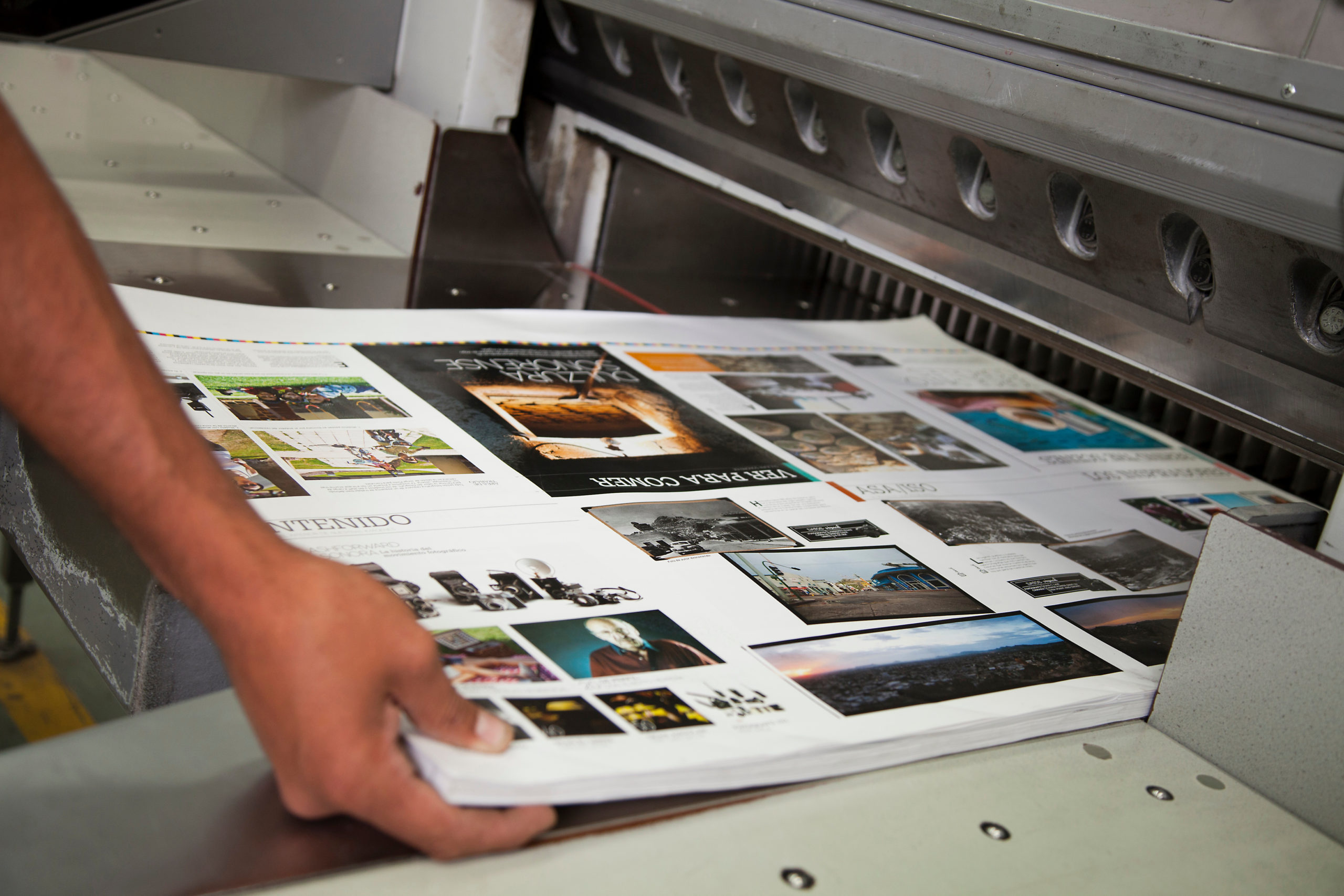LOCAL NEWS
Conferences pull out of Utah in protest of abortion and transgender sports bans
Jul 28, 2022, 3:06 PM | Updated: 10:37 pm
SALT LAKE CITY – One research organization is scrapping its plan to hold a conference in Salt Lake City later this year, citing a pair of “discriminatory” Utah laws banning most abortions and barring transgender girls from school sports.
Another scientific group wasn’t planning to touch down in Utah until 2028, but that won’t happen because of Utah’s prohibition on abortion, according to Salt Lake tourism officials.
The Boston-based Public Responsibility in Medicine and Research (PRIM&R) and the American Society of Human Genetics, headquartered in Maryland, are the first to make headlines for canceling their Utah gatherings following the moves by the state’s Republican-dominated state Legislature.
PRIM&R is moving its yearly convention online instead of coming to Utah’s capital city in November, the organization’s executive director announced Tuesday. Elisa A. Hurley called the Utah policies “discriminatory and antithetical” to the group’s values in a letter posted online.
Hurley told KSL her concerns go beyond politics.
“Our central concern is ethics, equity and justice in health and medicine,” Hurley said. “And from our perspective, abortion access and supporting transgender youth are squarely concerns within that.”
The conference, which was to be the group’s first in Utah, was originally scheduled for Nov. 14-18 at the Salt Palace Convention Center in downtown Salt Lake City. It was expected to draw 2,400 attendees, said Karen Boe, vice president of communications and public relations for the tourism agency Visit Salt Lake.
The American Society of Human Genetics was scheduled to bring in 7,300 visitors in October 2028, Boe said. The group did not return messages late Thursday, but Boe said it decided to cancel the event because of Utah’s prohibition on abortions.
The average Salt Lake conference goer spends $971, according to surveys conducted by the University of Utah’s Kem. C. Gardner Policy Institute. By that estimate, the events together would have brought in $9.4 million in today’s money.
State Senate President Stuart Adams suggested he’s not concerned about the loss in revenue. Utah’s economy is in good shape, and other organizations are still holding their events in Utah, Adams, R-Layton, said Thursday.
“While I disagree with the tactics of boycotting, our economy remains strong, and we will continue to pass policies that are in the best interest of all Utahns,” Adams said in a statement.
Utah’s trigger law banning most abortions went into effect after the U.S. Supreme Court overturned R Roe v. Wade in June, ending the federal constitutional right to an abortion.
The state law makes exceptions including for rape, incest and “medical emergencies” that meet certain criteria. It’s on pause while a lawsuit plays out in court in Salt Lake City.
A different Utah measure prohibiting transgender girls from competing in school sports took effect earlier this month; It’s also the subject of litigation.
For PRIM&R, Utah wasn’t the only state to inform the change in plans.
California’s ban on state-funded travel to Utah and other places with policies deemed anti-LGBT also factored into the group’s decision, because it “further erodes” the group’s ability to gather in Salt Lake City, according to Hurley.
Before the new Utah laws took effect, COVID-19 dealt a blow to Salt Lake’s convention and tourism industries.
The first year of the pandemic led to cancellations racking up $360 million in losses. In 2020, conferences and events that did take place brought in roughly 184,000 people and about $80.5 million in spending, according to Visit Salt Lake.
Utah’s Office of Tourism hopes the research group will return to the state in the future, said spokeswoman Anna Loughridge.
The agency is “dedicated to elevating the visitor and community experience in Utah through responsible tourism stewardship,” Loughridge said in a statement. “We remain committed to that goal and believe travel has the power to inform, inspire and unite.”
But Hurley indicated it’s unlikely her group will book an event in Utah anytime soon. She said it’s important for conference goers to feel welcome wherever an event is held.
“This has been an occasion for us to really reaffirm what our principles are for choosing conference locations,” Hurley said.

![[File] Utah Highway Patrol State Trooper car (Laura Seitz, Deseret News)...](https://staging.ksltv.com/wp-content/uploads/2022/12/UHP-State-Trooper-Car-file-121222.jpg)










